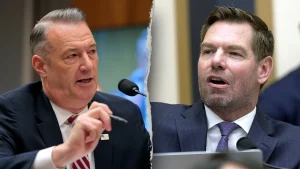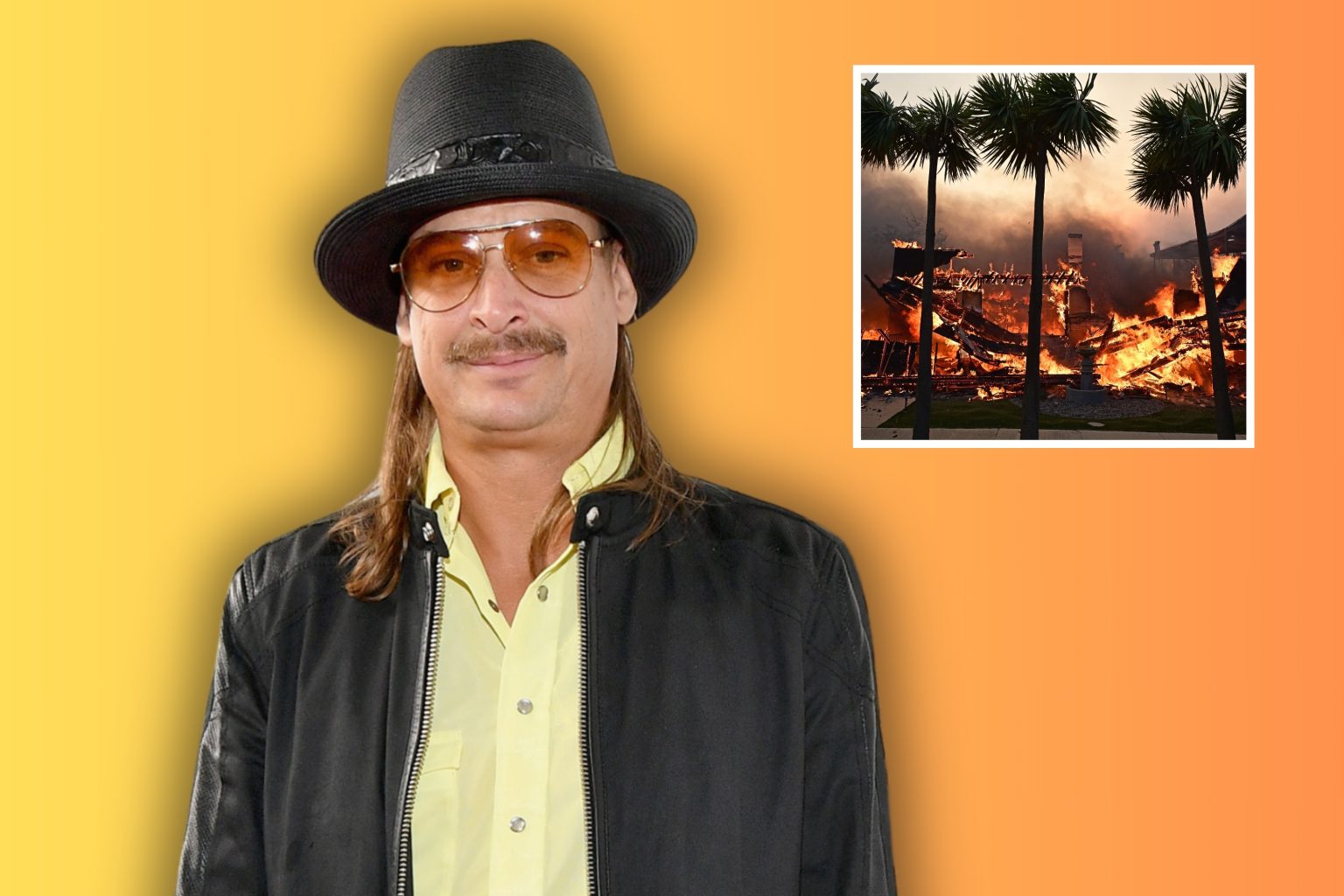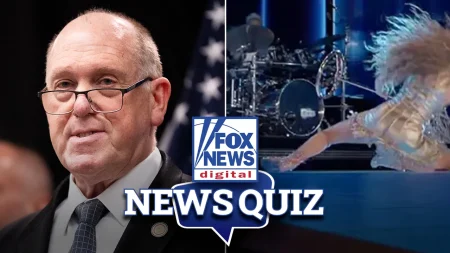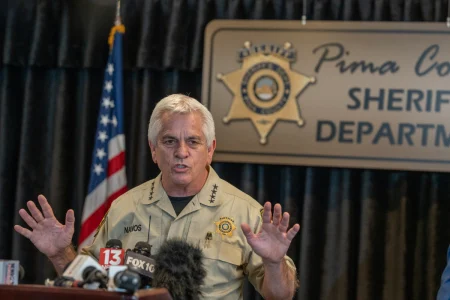The devastating wildfires sweeping across Los Angeles County in early January 2025 ignited a social media firestorm, sparked by musician Kid Rock’s controversial comments. The Palisades, Eaton, Hurst, Lidia, and Kenneth fires, fueled by arid conditions and fierce winds, left a trail of destruction, estimated to reach a staggering $150 billion in damages. The human cost was equally horrific, with 24 lives lost, 16 people missing, and approximately 150,000 residents forced to evacuate their homes. Over 12,300 structures were reduced to ashes, and countless animals were displaced, injured, or killed, painting a grim picture of the infernos’ impact.
Amidst the unfolding tragedy, Kid Rock, whose real name is Robert James Ritchie, used his social media platform to amplify a plea for help from country singer Miranda Lambert. Lambert’s Instagram post, highlighting the plight of burned animals at the Pasadena Humane Society, urged donations for their medical care. Kid Rock, while echoing the call for aid, appended his message with a politically charged attack on California Governor Gavin Newsom and Los Angeles Mayor Karen Bass, both Democrats, blaming them for the disaster and criticizing their “woke” policies. This inflammatory addendum quickly became the focal point of online discussion, overshadowing the initial message of support for fire victims and animals.
The fires themselves, which erupted on January 7th, rapidly spread across the dry landscape, challenging firefighting efforts. The extreme winds further complicated containment strategies, creating a volatile and unpredictable situation. The scale of the devastation was unprecedented, prompting emergency declarations and mass evacuations. Residents faced harrowing escapes, some abandoning their vehicles to seek refuge on beaches, while others, including vulnerable elderly residents of a Pasadena care home, were narrowly rescued from the approaching flames.
The political undercurrent, injected by Kid Rock’s post, added another layer of complexity to the disaster. Former President Donald Trump, a vocal supporter of Kid Rock, joined the fray, placing blame squarely on Governor Newsom, even calling for his resignation. Trump further alleged that Newsom had rejected a “water restoration declaration,” which would have supposedly diverted water resources to combat the fires. Newsom’s office swiftly refuted this claim, stating that no such document existed and accusing Trump of politicizing the tragedy.
Similarly, Los Angeles Mayor Karen Bass faced scrutiny and misinformation. Rumors circulated about her purported dismissal of the LA Fire Department Chief, Kristin Crowley, amidst the crisis. Bass’s office vehemently denied these reports, emphasizing their focus on firefighting efforts and public safety. The mayor declared a state of emergency, underscoring the severity of the situation. However, the persistent spread of misinformation added to the already challenging circumstances facing the city’s leadership.
Kid Rock’s social media post, combining a call for charitable giving with a politically charged attack, became a lightning rod for controversy. While many praised his support for the affected animals and residents, others criticized his decision to inject partisan politics into the tragedy. The subsequent involvement of Donald Trump further amplified the political dimension of the disaster, diverting attention from the immediate needs of the fire victims and the ongoing efforts to combat the blazes. The incident highlighted the increasingly polarized political climate, where even natural disasters become fodder for partisan debate. The fires in Los Angeles County, therefore, became not just a natural disaster, but a social and political flashpoint, illustrating the complex interplay between tragedy, celebrity, and political discourse in the digital age.














